Introduction
Hello again my Hearthstone peeps. My name is HalfBroke Chris and I am finally back to my little corner of this awesome website. I have had to step away from everything for a little bit for some family medical reasons, but I am back and ready to spread some Hearthstone cheer.
Unless you have been living under a rock, you may have heard about the upcoming change in Hearthstone called Standard. I am not going to go rehash that because that subject has gotten plenty of coverage already. I will say though I am very ready for Standard to kick in because (probably like many of you) I have gotten a little fatigued from seeing the same decks. It is truly a time for change and I welcome Standard with open arms.
Therefore, this week I have decided to cover a few decks played in a small little tournament called TNH #61. I am not going to cover every deck within the tournament because many, MANY, people play the same decks and it would just be overkill. What I am going to do though is talk about some of the decks played in the Top 4 and show what decks ended up used by the winner. I must say that I was very surprised by the decks he used. Let us just say the decks were very anti-aggro.
So enough of the chitchat, why don’t we just jump right into it.
Semi-Final Decks
In the final four of this tournament, some of the decks played were some standard ones we see all the time. For instance, the player Haevion used the normal deck combination of Secret Paladin, Mid-Range Druid, and Zoolock. The card list for these decks was the same type we see every day. He did play them well and carried it to the final game.
It was his opponent’s deck choices that I found interesting. Player FPVOO decided to go with Freeze Mage, Mid-range Druid, and Oil Rogue. The choices were very control based, other than Druid. I actually liked his deck choices for a couple of reasons. One, FPVOO was thinking outside the box a little bit. We see so many of these decks all the time and it was nice seeing someone try something different playing Oil Rogue. I understand that the deck list he used was not anything new but it was it goes to show how strong Oil Rogue can be in tournament play. Oil Rogue is all about choices and knowing when and where to play things. When it runs well, it can totally control a game. It can be a little frustrating because it can take a little bit to get the card engine going but when you do, this deck can clear a board fast and swing hard. I love Oil Rogue.
His Freeze Mage was a standard version but I am someone that loves this deck. I truly think if you can master the deck, it will carry you far within a tournament. Does it win every match up, of course not? IT does handle many of the decks that are out there right now. It gives you plenty of choices when it comes to board control. The biggest down side of the deck is it can be very hard to master. You constantly have to think ahead and one wrong choice can cost you the game. In addition, games can be very long and one you may not want to play with in the early stages of the ladder. When it comes to a tournament though, you need to bring the best decks to help you win with and this deck can do that.
Winning Decks
The most interesting deck choices of the tournament were by the winner of TNH #61, Khal. He chose to play with Murloc Paladin, Control Warrior, and Renolock. You could tell that he was preparing to face aggro or mid-range decks. So what did he do, bring decks that countered against that. All three decks are very slow and methodical but really counter well against the current tournament Meta decks.
Murloc Paladin is a fun deck that is built better for tournament play as opposed to the ladder. A player can climb the ladder with it but is better for late ladder play because of its slower play. When playing the deck, a player is trying to control the game until you can get to Anyfin Can Happen. That alone can give a player lethal. It is very much a slow burn but very diverse in its board control options.
The same can be said about Control Warrior and Renolock. Control warrior is based around just trying to fatigue the opposing player to death and Renolock is just trying to handle everything while slowly beating the opposing player down. The version of Renolock that Khal played was not even the fast version of the deck with faceless-manipulator and leeroy-jenkins. It was the old school, if you can call it that, version that featured lord-jarraxus.
All of Kahl’s games were very long but in the end, it paid off because he won the tournament and the much sought after Championship Tour points.
Closing Thoughts
When playing in a tournament, you really have to choose wisely on what decks you are going to play with. It seems many people pick three to five of the same decks (Aggro Shaman, Secret Paladin, Mid-Range Druid, Freeze Mage, and Patron Warrior). All of these decks are amazing top tier decks. The thing is everyone seems to play them and they cancel each other out. When that happens, it does not come down to who has the better deck. It comes down to deck mastery or card draw.
So, when choosing decks (especially in the Khal deck choices), it is smart to choose decks that counter the Meta. That way you are “teching” against the Meta, which can give you a hand up on your competition.
One other thought is the decks that you climb ladder with is not always the best choices for tournament play, unless it’s past Rank 5-Legend. It is a different world once you get to Rank 5 and beyond, but decks up to that point are sometimes not great choices for tournament play. For instance, I would not bring a version of a Face Hunter deck to a tournament. It is a good deck for ladder play because of its speed, but in tournament play, the deck would get crushed.
I am going to keep doing these reports weekly to give everyone a little peek on some of the decks that are being played in tournaments.
Make sure to follow me on Twitter and Twitch. Also, be sure to check out a new weekly tournament on the scene starting in March (NA server). The first one has signups here. It will be one of only two weekly tournaments that features a group stage. So if you are new to playing in tournaments, this a great way to get some experience because you will get to play at least a couple of matches.
So until next time, which will much sooner than before, …



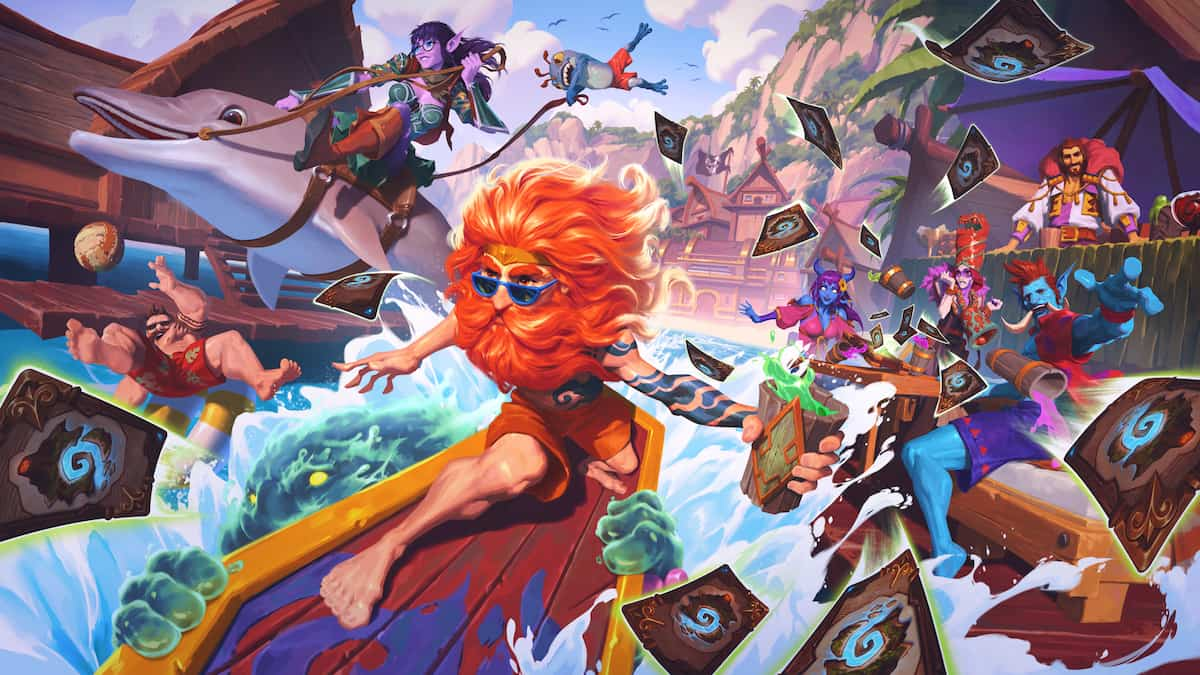
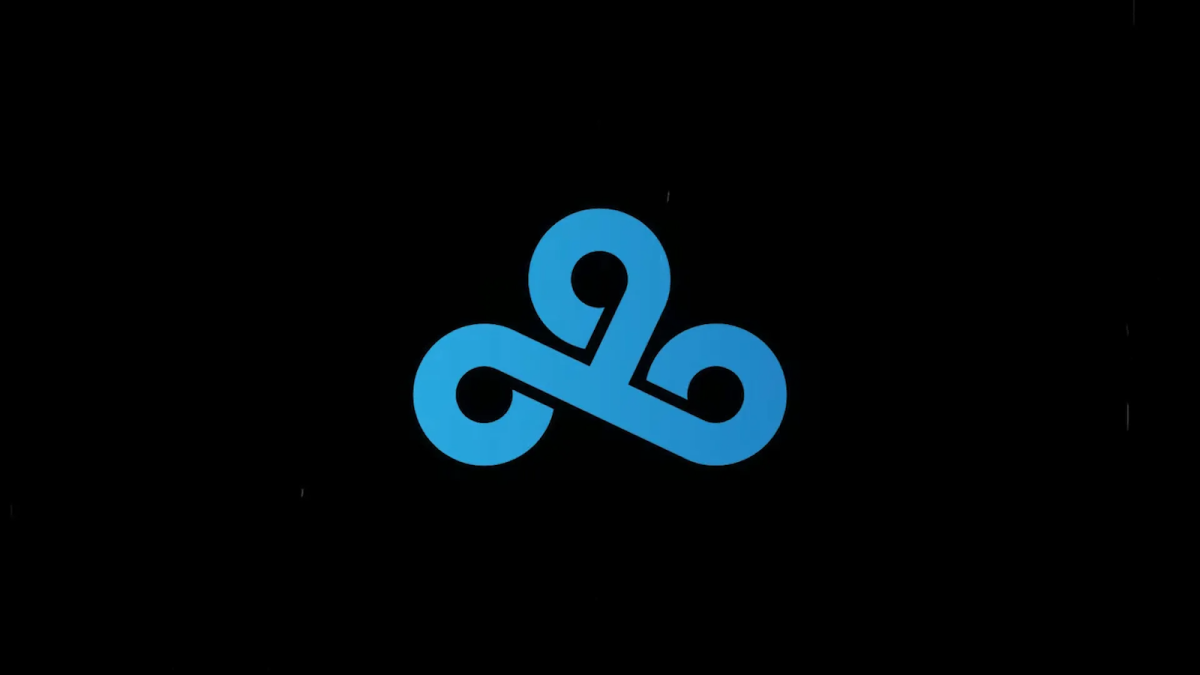
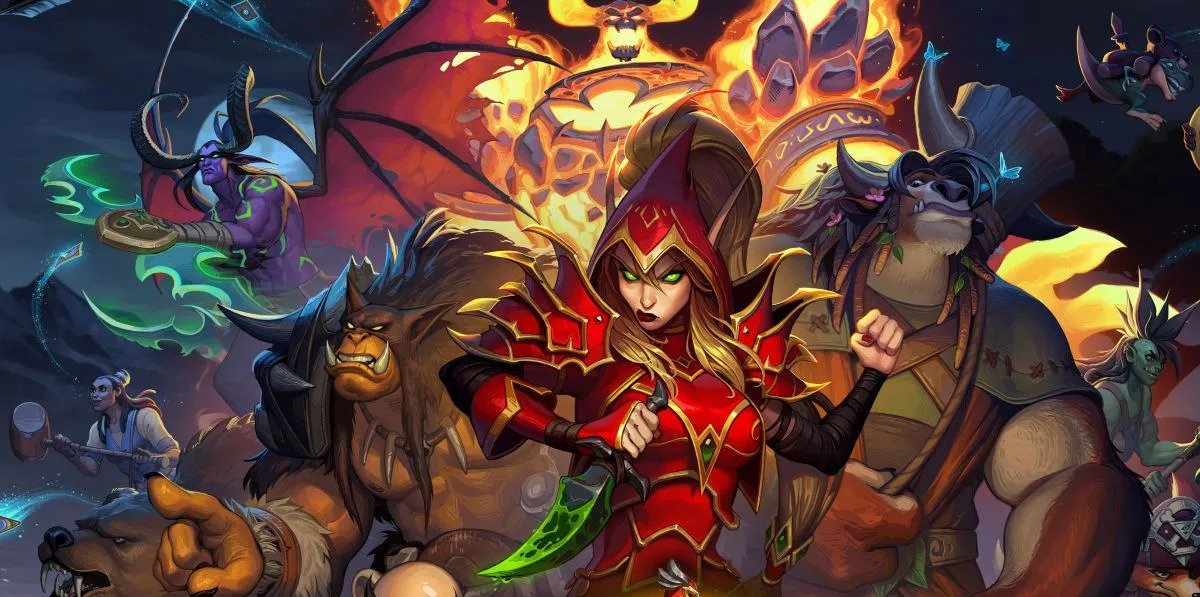
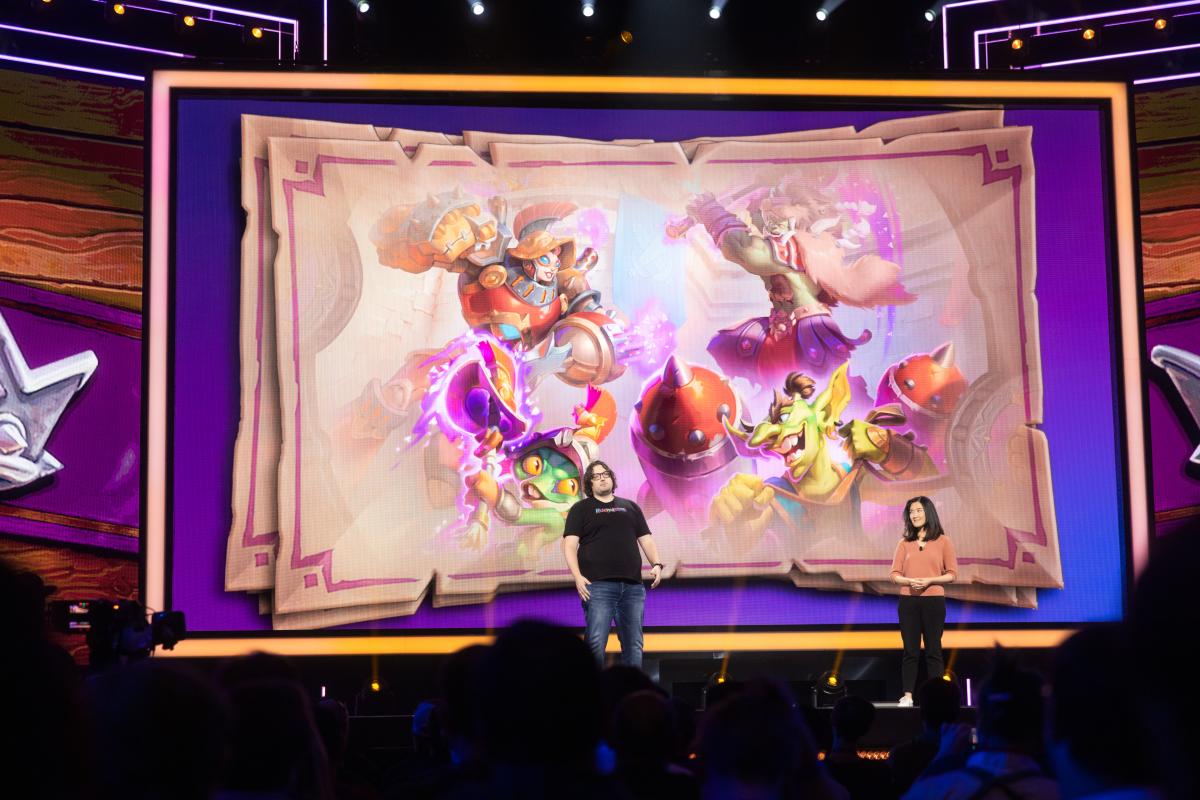
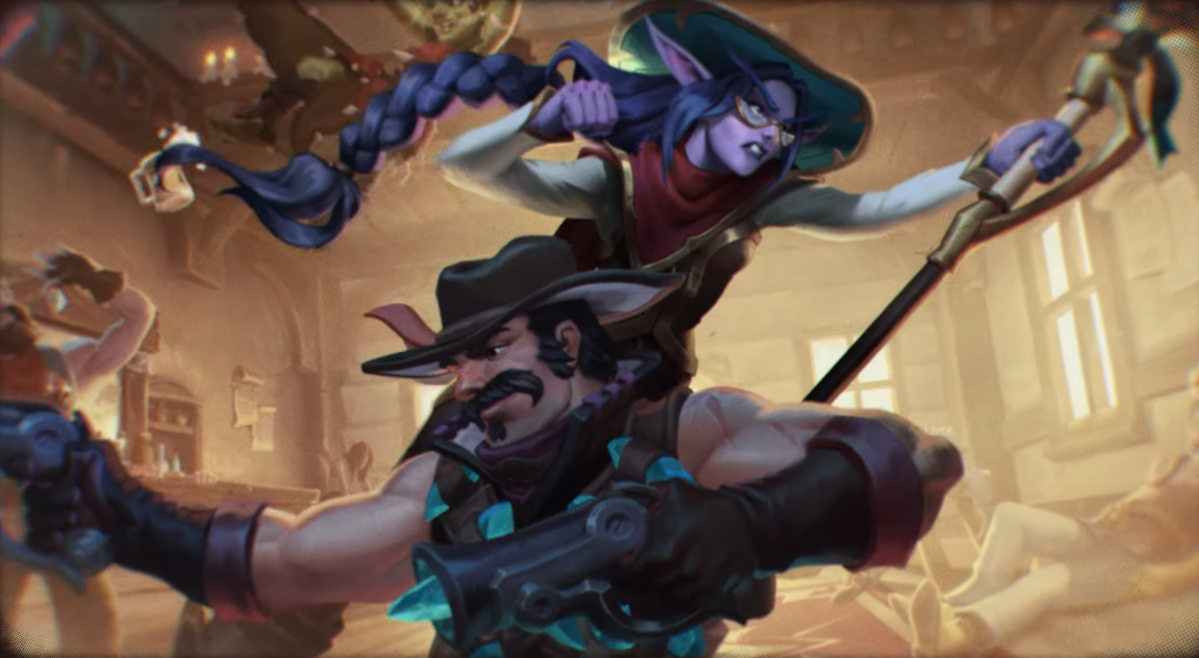
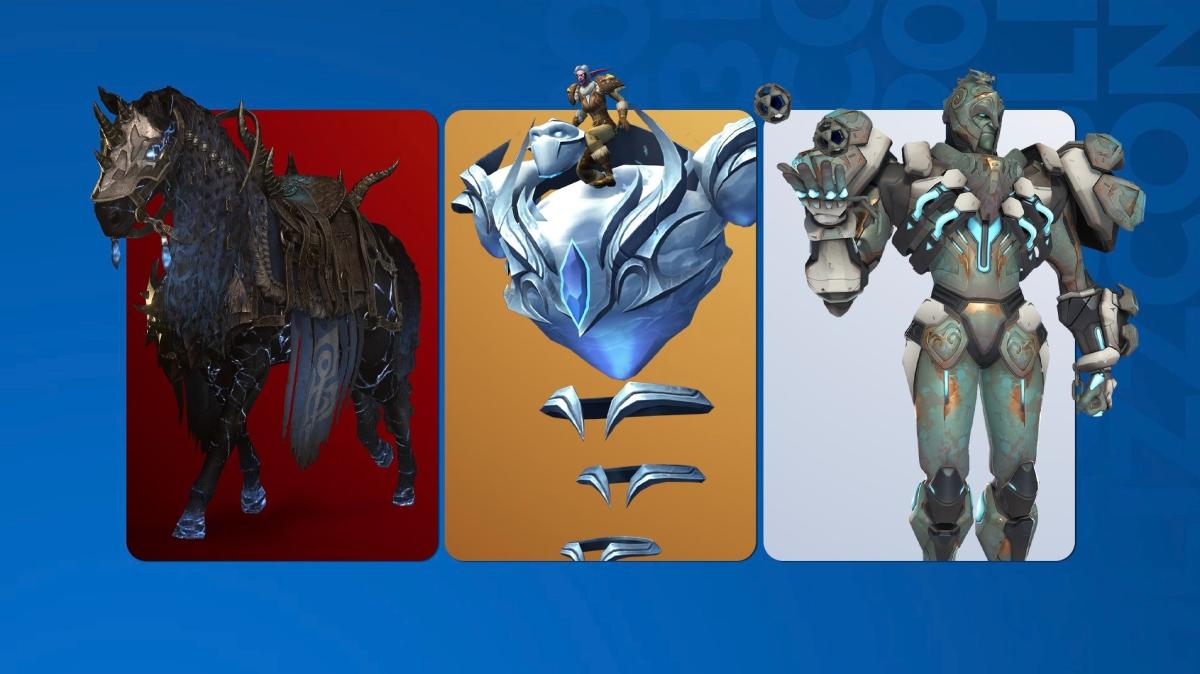

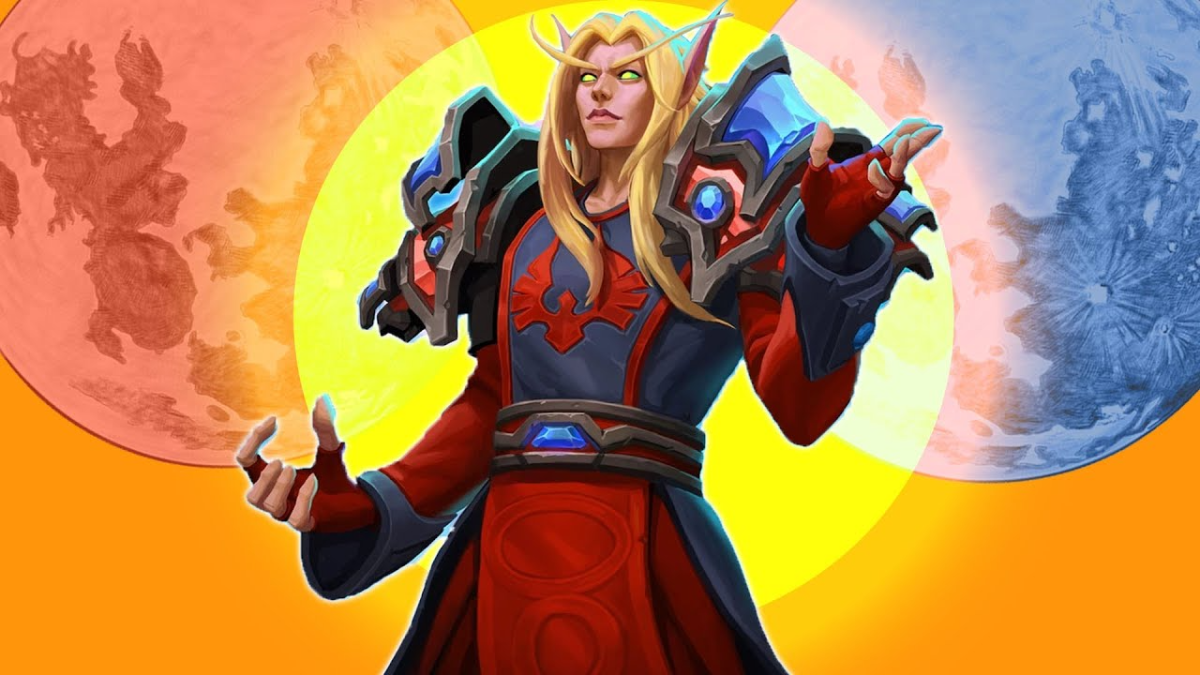
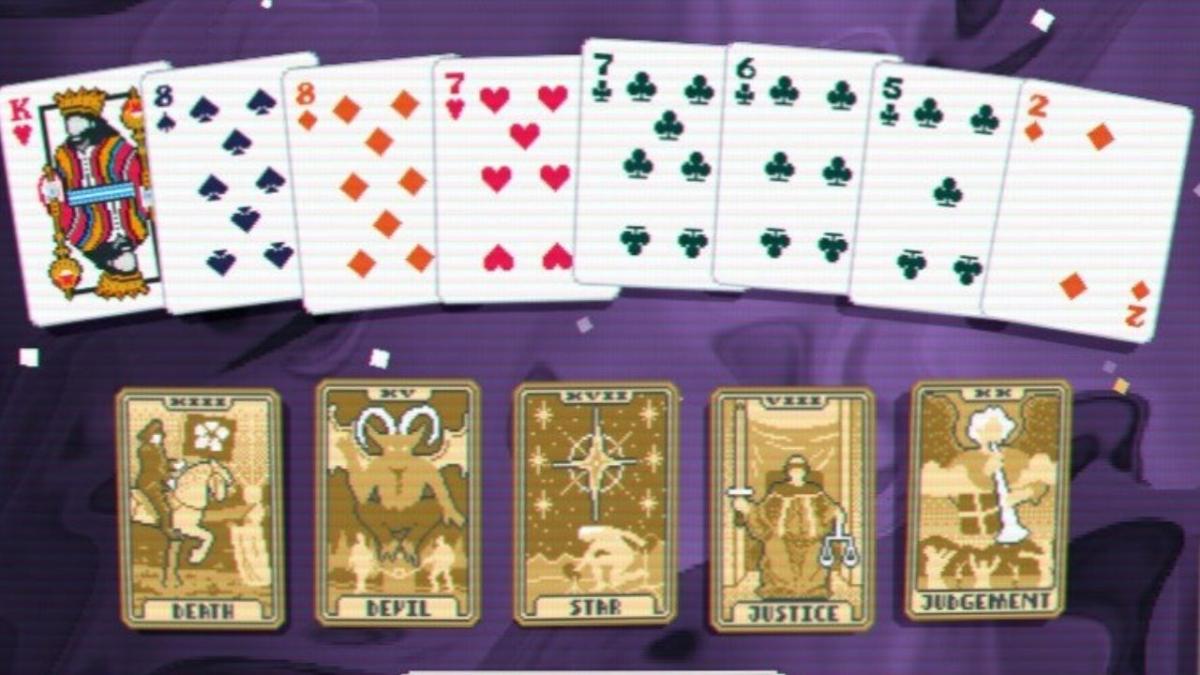
Published: Feb 20, 2016 11:44 am